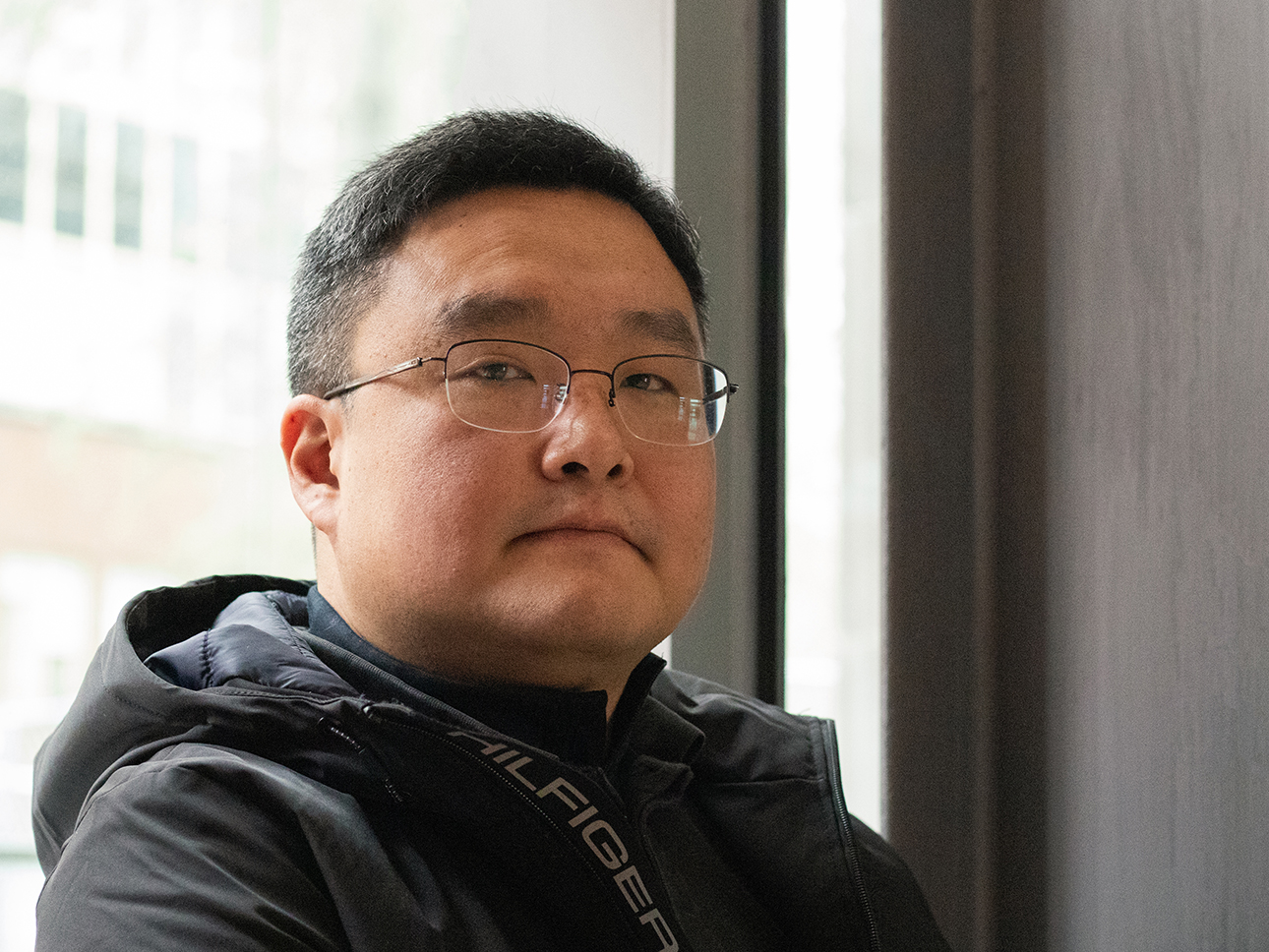Because of frequent moves at a young age, Paul Cheong grew up never feeling quite at home. “I’m not culturally Korean, but I’m also not ethnically Thai or Indonesian. So by moving around a lot there has been this thing where I’m not really at home where I am,” he said.
Cheong was born in Daegu, South Korea. He lived there during his early childhood, until his family uprooted and moved to Indonesia and then Thailand. His father worked for various multinational companies like Samsung, requiring the family to live onsite in these different countries.
Cheong had two younger siblings, surviving both of them. His mother would often joke that she had “no spare tires.” The youngest died in his mother’s womb. His middle sibling died during a car accident when he was five.
His parents were not unaccustomed to hardship. They had both come from backgrounds of extreme poverty. When they got married, they had two goals:
- Own a motorcycle.
- Send their child(ren) to America for a better life.
His father worked ten to twelve hours at a time, at least six days a week. He was rarely home. These were standard working conditions at the time in South Korea, limiting the amount of conversations Cheong had with his father while growing up.
Yet there was one conversation in particular that has never left his memory.
After Cheong came home from school one afternoon, he was shocked to see both of his parents sitting around the dining room table. His father was never home before around 9 or 10 pm, yet there he sat without saying a word. His mother sat at the other end of the table, crying. The air felt heavy.
Cheong later learned that an orphanage closely associated with the American Embassy was taking in children. His parents realized that this could be their opportunity to send their child to the United States. If they gave him up for adoption, he could live with an American family to make a better life for himself.
“So my dad came home and said, ‘we have this opportunity to do what we were always talking about,’” recalls Cheong.
After carefully weighing their options, his parents came to the conclusion that they couldn’t lose their only remaining child. So they took a different route.
His parents saved their entire lives to afford to send him to college in America. He went on to eventually receive a PhD and became an expert in a field of computational chemistry. After accepting a position as an Oregon State University faculty member he finally acquired his immigrant visa.
As Cheong adjusted to his new role of teaching he began to realize that the chances of making meaningful connections in a classroom of 200 to 300 students is often close to zero. Yet simultaneously he understood that this is precisely what most students are looking for.
Over time he felt that his purpose for being in America was shifting. It was about something greater than merely “living the good life.”
His life experiences came together to construct a narrative and a voice. “I’m sending you there because I want you to help Americans,” he felt that inner voice tell him. “I want you to help the American people. I want you to help the students, specifically people in crisis.”
One such opportunity presented itself on the second day of a particular class. In the back of the lecture room there was a student with a picket sign. Cheong couldn’t read it from where he stood at the front, but rushed over to the student after class. He wanted to know what it said.
The student had been protesting the fact that she was required to pay for textbooks that she couldn’t afford.
After Cheong listened to understand her perspective he walked with her to get the required textbooks from various student resource centers. As they were parting ways, the student stopped.
“Thank you, I’ve never had somebody that would do that kind of stuff for me,” she said.
Cheong reassured her that this was only the beginning of their relationship, and that she was always welcome to talk with him.
“A lot of students in the United States, I think, are really desperate for that kind of relationship and that kind of interaction,” says Cheong.
Over the years of teaching Cheong has continued to have opportunities to make meaningful connections with students, particularly those who feel alone and even worthless. He noted that he has been able to help students in a unique way because of his cultural upbringing. He understands the deep significance of truly being there for someone.
“Education and all those things, yeah, they’re valuable, but they pale in comparison to saving somebody,” he says. “Getting a degree only matters if the person’s alive.”
This profile was written by Erin Jimerson, a student for Professor Sindya Bhanoo’s journalism course at Oregon State University and was supported by an OSU Internationalization Grant.

